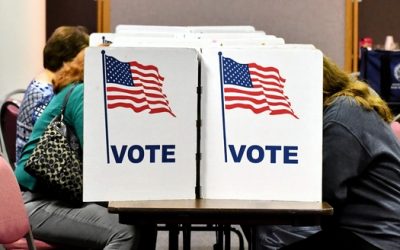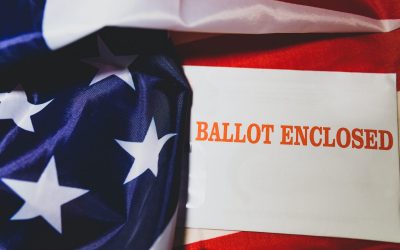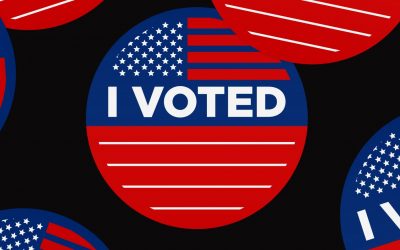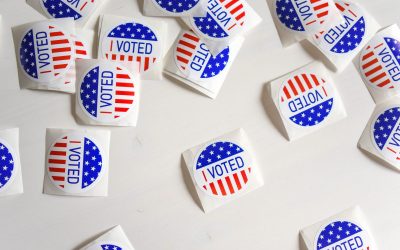Brief #164 – Civil Rights Policy
By Rodney A. Maggay
On June 7, 2021 the New York Times published an article that illustrated conflicting priorities in the ongoing free speech vs. hate speech debate.
The First Amendment of the United States Constitution provides that “Congress shall make no law…abridging the freedom of speech….” On the other hand “hate speech” has no precise definition.












